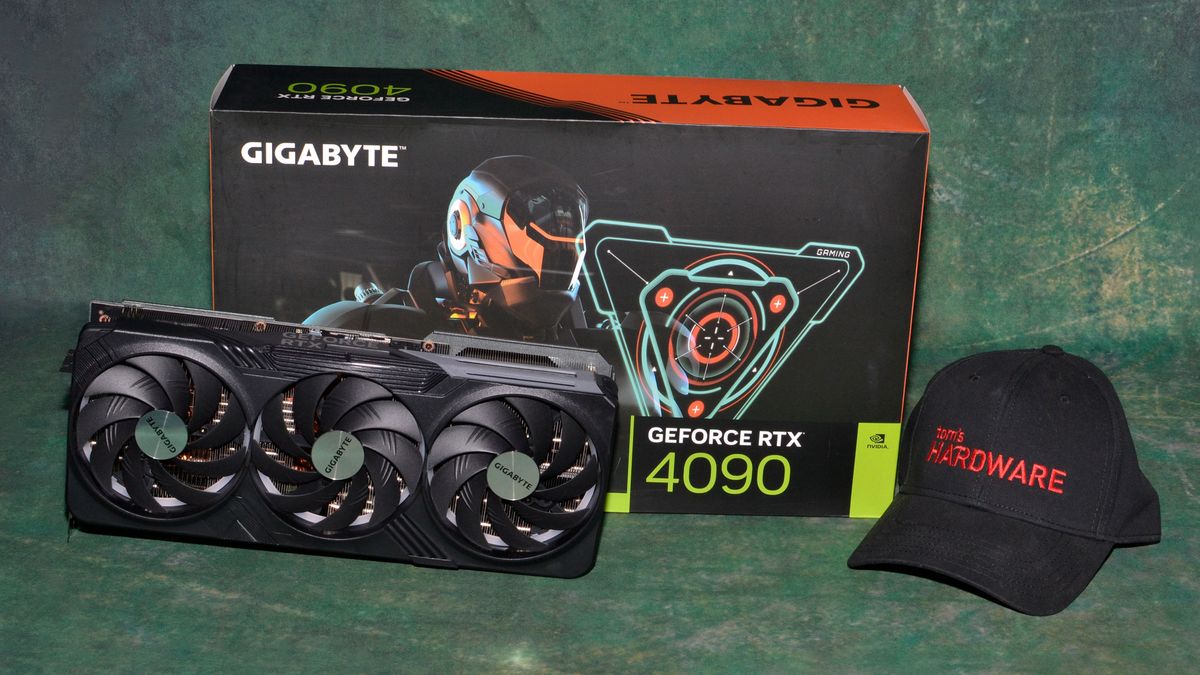Associate
- Joined
- 10 Feb 2011
- Posts
- 1,502
OcUK Gaming Germanium Z7 - Intel Core i7 14700KF GeForce RTX 4090 Gaming PC | OcUK
Order now online and benefit from fast delivery.
Hi all. Once in a 6 year upgrade cant wait for 5000 series no more what would you change in this?. This is about as much i would like to pay as seen as my last pc was £2500 ive took into count for inflation etc.
How loud would it be at 4k?.
Last edited:



